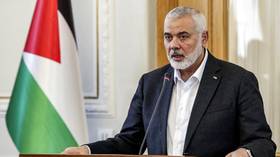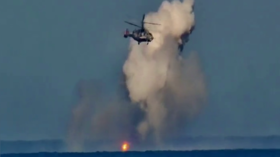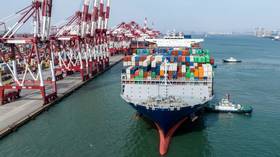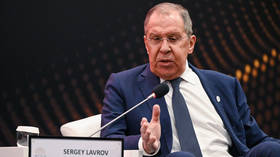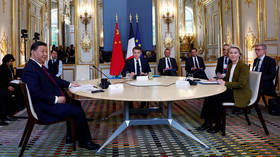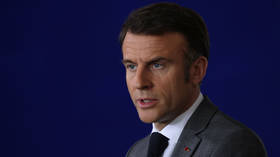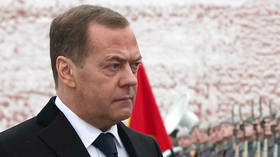EU states seek to slash Russia’s oil revenue – Bloomberg

Three European Union members want to push the price of Russian oil below the current $60 limit, in a bid to reduce Moscow’s income from crude sales, Bloomberg reported on Tuesday.
Estonia, Lithuania and Poland are seeking to reduce the price cap to $51.45 per barrel, sources told the media. According to the countries’ calculations, the measure would put Russia’s oil at 5% below market prices and drive its revenue down by $650 million per month.
The campaign by some EU states to lower the oil price ceiling was also separately reported by the Polish radio station RMF FM. According to the station’s sources, Polish diplomats consider the current limit of $60 per barrel too generous for Moscow.
On Wednesday, EU representatives are expected to start discussions on reviewing the price restriction, and unanimous support from member states is needed to introduce changes. According to RMF FM, there are “good chances” that the proposal will be approved.
In December, the EU, G7 nations, and their allies introduced a collective ban on Russian seaborne oil imports, along with a price cap of $60 per barrel. Another embargo banning almost all imports of Russian oil products, and imposing price caps on diesel and other petroleum products, kicked in on February 5.
The stated goal of the price cap is to keep Russian fuel flowing by keeping trade profitable, while limiting Moscow’s revenues from exports.
In response, Russia has forbidden any oil deals under the price-cap scheme. In February, the country announced plans to voluntarily reduce oil production in March by 500,000 barrels per day, as it halts sales to buyers that comply with the Western-imposed price ceiling.
For more stories on economy & finance visit RT's business section


